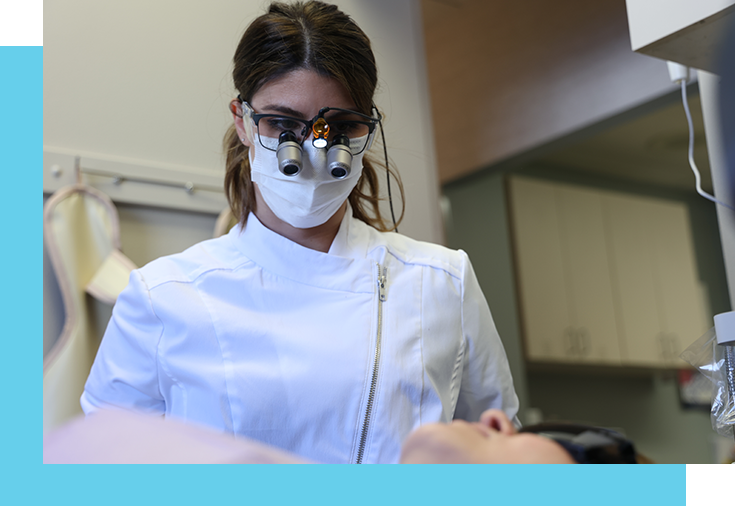6 Must-Know Tips on Root Canal Aftercare
See 6 must-know aftercare tips after having a root canal performed. These tips will help you manage pain and discomfort while ensuring your tooth heals properly, and help you avoid complications. If you have questions or concerns about your root canal aftercare, don't hesitate to contact your dentist for advice.
1. Follow Instructions from Your Dentist
Your dentist will provide you with specific instructions for successfully caring for your tooth after the root canal. This may include taking prescribed medications, avoiding certain foods and activities, and practicing proper hygiene. Attend any follow-up appointments when requested.
2. Practice Good Oral Hygiene
Good oral hygiene starts with brushing your teeth at least twice daily with a soft-bristled toothbrush and fluoride toothpaste. It's also essential to floss gently around the tooth, being careful not to irritate the area where the root canal was performed. Avoid using commercial mouthwashes or rinsing your mouth with hydrogen peroxide, as these can irritate the tooth and slow the healing process.
3. Avoid Certain Foods and Activities
In the first few days after the procedure, it's important to avoid eating hard, crunchy, or sticky foods that could cause trauma to the tooth. You should also avoid using tobacco products, as they can cause the tooth to become dry and increase the risk of infection. Additionally, avoid activities that could cause trauma to the tooth, such as chewing on hard objects or playing contact sports.
4. Control Pain and Discomfort
To control pain, you can take over-the-counter pain medication as directed by your dentist. Avoid taking aspirin, as it can increase the risk of bleeding. You may also experience some discomfort when biting down on the tooth, but this should improve over time as the tooth heals. If the pain or discomfort persists, contact your dentist for further evaluation.
5. Reduce the Risk of Infection
To reduce the risk of infection besides practicing good oral hygiene, you should avoid strenuous activities. Contact your dentist if you notice redness, swelling, or discomfort around the tooth, as these could be signs of infection.
6. Care for the Temporary Crown (if applied)
In some cases, a temporary filling or crown may be placed on the tooth after the root canal procedure. It's important to take care of this temporary restoration, as it protects the tooth and prevents infection. Avoid chewing on the side of the mouth where the temporary filling or crown is located. If the temporary filling or crown becomes loose or falls out, don’t delay to contact your dentist.

